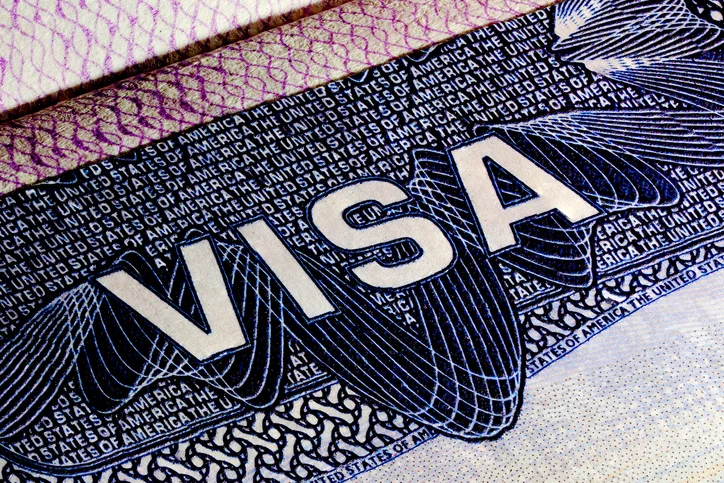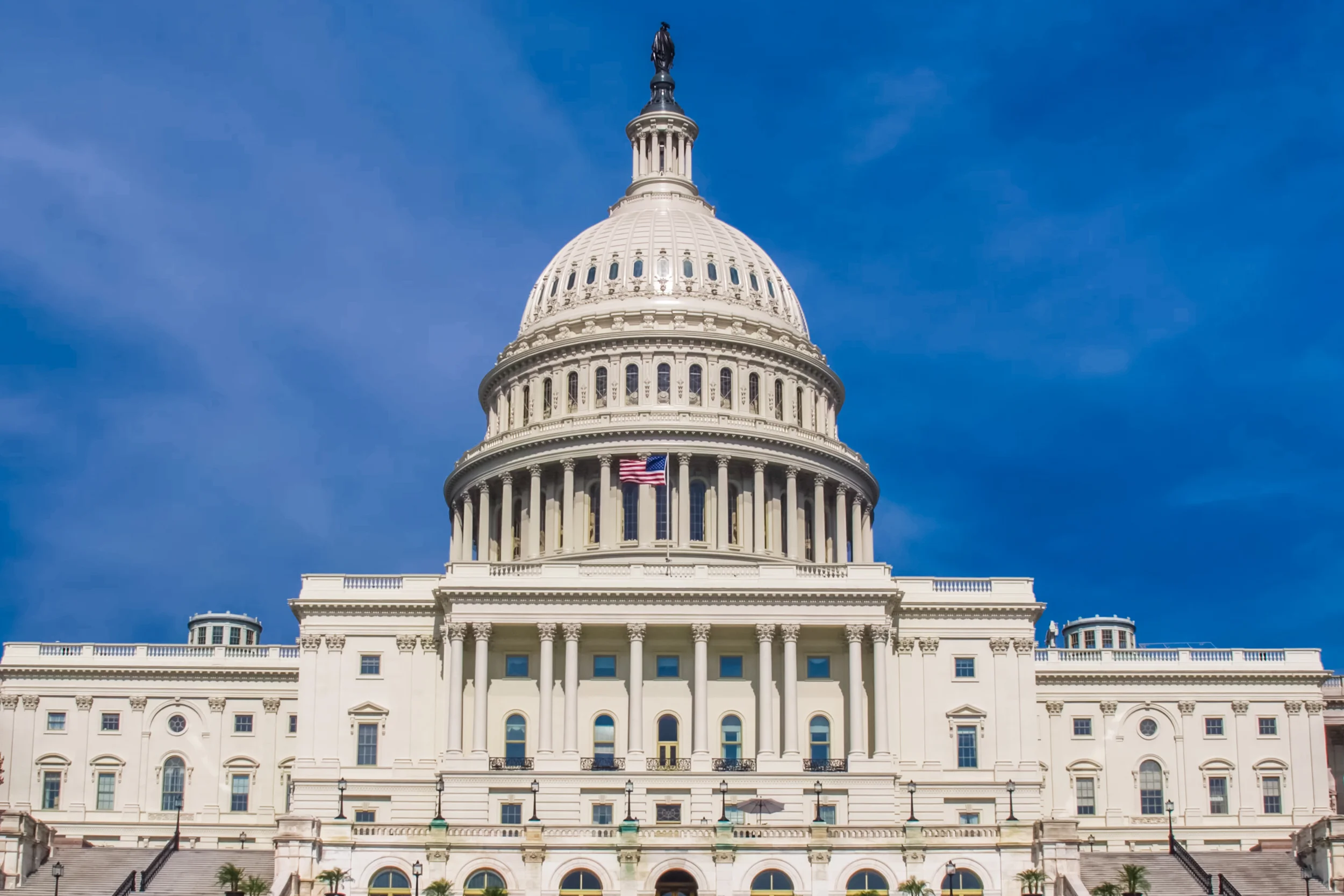Earlier this week, the Supreme Court ruled 5-4 to lift the nationwide injunction on a rule redefining when DHS may deny admission or permanent residence to any foreign national who is “likely to become a public charge”.
Read MoreEffective November 3, 2019, applicants for an immigrant visa will be required to show their ability to obtain health insurance within 30 days of entry into the United States during their consular interview. Visa applicants should complete Form DS-5541 to provide information on their health insurance plan and date coverage will begin or ability to pay for healthcare for any “reasonably foreseeable” medical costs. Failure to demonstrate the financial resources to obtain health insurance will result in a denial of their visa application.
Read MoreThree federal courts across the United States have temporarily suspended the enforcement of the Department of Homeland Security’s new “public charge” rule, which was set to take effect on October 15, 2019. This new rule redefines how the agency can determine whether a foreign national is at risk of needing public assistance, which would make the foreign national ineligible for admission, extension of status, or permanent residence.
Read MoreThe Department of State (DOS) has issued its November 2019 Visa Bulletin. Overall, most employment-based categories this month had little advancement. (Employment-based (“EB”) category 1 for all nationals (except for India and China) advanced by little over a month. EB-1 for China moves forward three months and EB-1 India remains the same. The EB-2 category for all nationals continues to be current. China has a two and a half month advancement, and India advanced by one day. The EB-3 category is current for all nationals except for China and India, which saw no change from last month. The Philippines moves forward by three and a half months.
Read MoreThe Department of Homeland Security formally moved to rescind the H-4 EAD last week by sending a proposed rule to the Office of Management and Budget (OMB) on February 20, 2019. Unfortunately (but not surprisingly), the text of the proposed rule has not been made available to the public yet.
Read MoreNow that the federal government's most recent shutdown has ended and E-Verify has resumed operations, please remember to create cases in E-Verify for all employees hired during the shutdown. The deadline to create these cases is February 11, 2019.
Read MoreU.S. Citizenship and Immigration Services (USCIS) announced today that applicants who have a pending affirmative asylum application with USCIS can now check the status of their applications online at uscis.gov/casestatus. Only asylum applicants with an application pending with USCIS will be able to use this new feature to check their case status online. It will not cover defensive asylum applicants whose cases are pending in immigration court.
Read MoreMany people don’t know that US Senators and Representatives can assist with immigration cases. In fact, members of Congress usually have one or more staffers liaising with the federal agencies that are responsible for immigration processing and enforcement, including US Citizenship and Immigration Services (“USCIS”), US Immigration and Customs Enforcement (“ICE”), and the US Department of State (“DOS”). Although the Congressional members cannot force the agencies to make a particular decision or reverse a denial, they can put a spotlight on a case by their involvement.
Read MoreAlthough the US federal government has partially shut down as of December 22, 2018, due to the President’s inability to sign a spending bill, most immigration-related processes remain operational at USCIS, DOL, and the State Department. However, USCIS has announced that E-Verify and E-Verify services are inaccessible. Several policies have been implemented to ease the burden on both employers and employees.
Read MoreRecent third party intervention has ensured that litigation over the H-4 EAD will move forward. Immigration Voice, a group representing high-skilled foreign nationals, filed a Motion to Intervene with the federal court where the case has been pending (“held in abeyance”) since March 2017 due to government delay. That motion was granted on December 17, 2018, and the Court has ordered the case to move forward. Opening briefs are due in January 2019.










